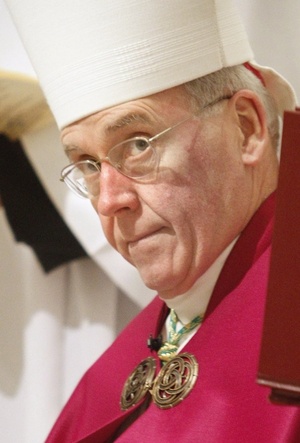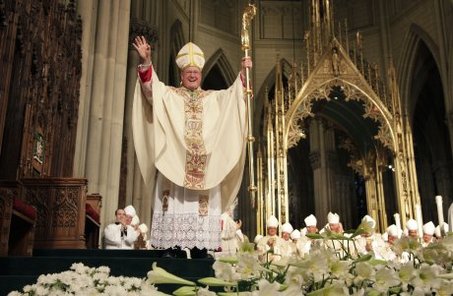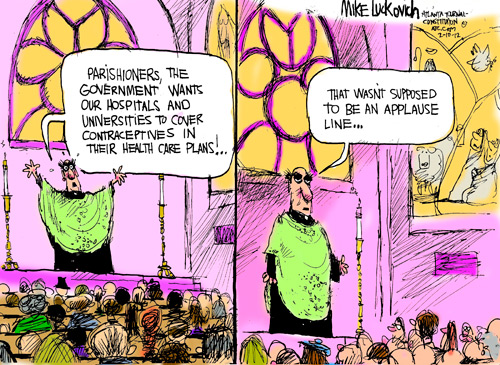The first of hundreds of online donations to Francis House came in early Thursday, just after midnight, as news broke that the Catholic Church was cutting off funding to the homeless services agency because of its new director’s support of Planned Parenthood and gay marriage.
 By Friday morning, people from Sacramento and across the country had contributed roughly $8,000 to the nonprofit group, and the checks and telephone calls continued throughout the day.
By Friday morning, people from Sacramento and across the country had contributed roughly $8,000 to the nonprofit group, and the checks and telephone calls continued throughout the day.
“We’ve been swamped,” said Michael Miiller, a member of the agency’s corporate advisory board. “The generosity has been incredible.”
In addition to donations from $20 to $1,500, the group has received offers of volunteer help and pledges of support from ordinary people and power brokers, including state Senate President Pro Tem Darrell Steinberg and Sen. Roger Dickinson, both Democrats.
The cash and pledges will fill the gap created in January, when the Catholic Diocese of Sacramento decided to discontinue funding Francis House as part of its annual appeal, Miiller said.
The Sacramento Bee published a story on the development Thursday that quickly went viral on the Web, triggering a lively online discussion and telephone calls to Francis House and the Catholic diocese. The diocese heard from vocal supporters of its decision as well as those who opposed it, said spokesman Kevin Eckery.
“We’ve had calls on both sides,” Eckery said. “And we certainly don’t begrudge any additional money donated to Francis House. They do great work.”
For 41 years, Francis House has helped Sacramento’s poor with basic needs such as housing and transportation. It is one of the largest homeless services agencies in the region, with an annual budget of about $500,000. For at least two decades, it received annual donations from the diocese ranging from $7,500 to $10,000.
In January, in a hand-delivered letter to the agency’s executive director, the Rev. Faith Whitmore, the diocese said her “strong public support of Planned Parenthood and same-sex marriage” clashed with teachings of the church. Therefore, it is “impossible for the diocese to continue funding Francis House” as part of its Annual Catholic Appeal.
Whitmore, formerly the senior pastor of St. Mark’s United Methodist Church in Sacramento, took over leadership of Francis House in April after the sudden death of executive director Gregory Bunker.
She has been a vocal supporter of Planned Parenthood, which provides a range of women’s health services, including cancer screenings, contraception and abortion. The Catholic Church espouses “natural family planning,” and staunchly opposes abortion.
Planned Parenthood has long been a target of conservative groups over the abortion issue. Most recently, it found itself at odds with a longtime ally, the Susan G. Komen cancer foundation. Under pressure from anti-abortion activists, Komen cut funding to the agency for breast cancer screening but reversed its decision following a public outcry.
Whitmore said that, although she supports a woman’s right to choose an abortion, she has conflicted feelings about the issue.
“I am not pro-abortion,” she said. “But I do support Planned Parenthood because they do more to help women get needed health care than any organization in the country.”
Whitmore also has been a strong advocate of same-sex marriage, which the church opposes. The church was a primary financial backer of California’s Proposition 8, which defines marriage as between one man and one woman.
As news spread about the diocese’s decision to stop funding Francis House, its website lit up with donations. Supporters began arriving at the C Street agency when it opened a few hours later, and phoned and streamed in throughout the day.
Some expressed their unhappiness with the diocese’s decision, Miiller said. Others “just wanted to make sure that we were able to backfill the lost donations” from the church.
“We really don’t want to engage in politics,” Miiller said. “We just say, ‘Thank you so much for helping us help the poor.’ Our hope is that the support continues. The need is great.”
Complete Article HERE!




